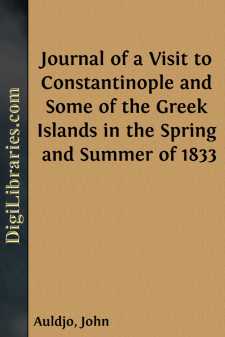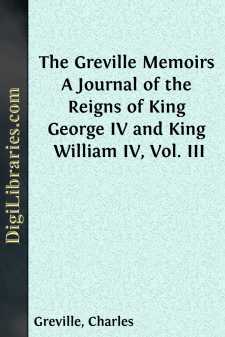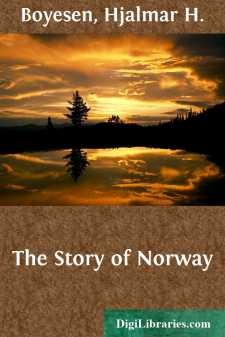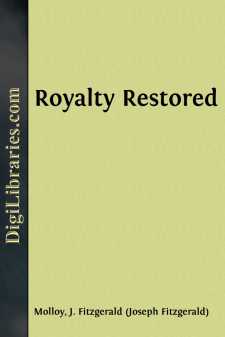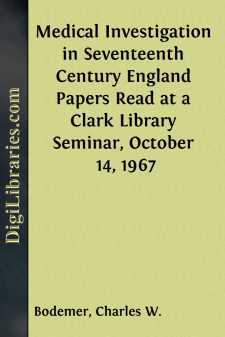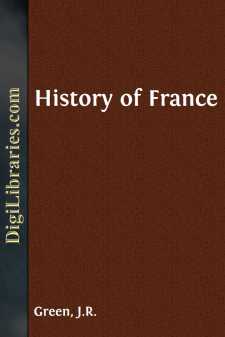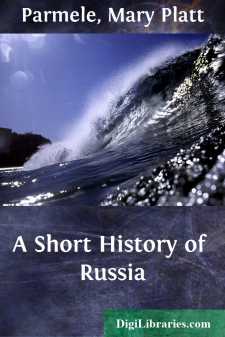History
- Africa 30
- Americas (North Central South West Indies) 50
- Ancient 68
- Asia 58
- Australia & New Zealand 8
- Canada 41
- Caribbean & West Indies 1
- Civilization 20
- Eastern Europe 12
- Europe
- Expeditions & Discoveries 60
- General 77
- Historical Geography 1
- Jewish 9
- Latin America 3
- Medieval 8
- Middle East 13
- Military 248
- Revolutionary 8
- Study & Teaching 5
- United States 353
- Western Europe 56
- World 13
Europe Books
Sort by:
by:
John Auldjo
DEPARTURE OF THE ACTÆON.Saturday, 6th April, 1833.—Well! All seems at length arranged, and the oft postponed departure of H. M. S. Actæon for Constantinople, will probably take place this evening. But is there no chance of a further detention? Yes; and many a palpitating heart watches anxiously the state of the heavens. The morning had been dark and stormy, and heavy vapours rolled along from the...
more...
by:
Charles Greville
June 29th, 1833 I am going, if not too lazy, to note down the everyday nothings of my life, and see what it looks like. We dined yesterday at Greenwich, the dinner given by Sefton, who took the whole party in his omnibus, and his great open carriage; Talleyrand, Madame de Dino, Standish, Neumann, and the Molyneux family; dined in a room called ‘the Apollo’ at the Crown and Sceptre. I thought we...
more...
PREFACE. It has been my ambition for many years to write a history of Norway, chiefly because no such book, worthy of the name, exists in the English language. When the publishers of the present volume proposed to me to write the story of my native land, I therefore eagerly accepted their offer. The story, however, according to their plan, was to differ in some important respects from a regular...
more...
CHAPTER I. Cromwell is sick unto death.—Fears and suspicions.—Killing noMurder.—A memorable storm.—The end of all.—Richard Cromwellmade Protector.—He refuses to shed blood.—Disturbance anddissatisfaction.—Downfall of Richard.—Charles Stuart proclaimedking.—Rejoicement of the nation.—The king comes into his own.—Entryinto London.—Public joy and satisfaction. On the 30th of...
more...
by:
Jacob Abbott
Richard's Mother.The great quarrel between the houses of York and Lancaster.Terrible results of the quarrel.Origin of it.The mother of King Richard the Third was a beautiful, and, in many respects, a noble-minded woman, though she lived in very rude, turbulent, and trying times. She was born, so to speak, into one of the most widely-extended, the most bitter, and the most fatal of the family...
more...
CHAPTER I. JANUARY."Come then, come then, and let us bringUnto our pretty Twelfth-Tide King,Each one his several offering."Herrick'sStar Song. Dedication Festivals—New Year's Day—"Wassail"—Twelfth Night—"King of the Bean"—St. Distaff's Day—Plough Monday—Winter Games—Skating—Sword-dancing. N the old life of rural England few things are more...
more...
To discuss embryological thought in seventeenth-century England is to discuss the main currents in embryological thought at a time when those currents were both numerous and shifting. Like every other period, the seventeenth century was one of transition. It was an era of explosive growth in scientific ideas and techniques, suffused with a creative urge engendered by new philosophical insights and the...
more...
by:
J.R. Green
CHAPTER I. THE EARLIER KINGS OF FRANCE. 1. France.—The country we now know as France is the tract of land shut in by the British Channel, the Bay of Biscay, the Pyrenees, the Mediterranean, and the Alps. But this country only gained the name of France by degrees. In the earliest days of which we have any account, it was peopled by the Celts, and it was known to the Romans as part of a larger country...
more...
CHAPTER I The topography of a country is to some extent a prophecy of its future. Had there been no Mississippi coursing for three thousand miles through the North American Continent, no Ohio and Missouri bisecting it from east to west, no great inland seas indenting and watering it, no fertile prairies stretching across its vast areas, how different would have been the history of our own land. Russia...
more...
by:
Thomas Carlyle
Chapter 1.1.I. Louis the Well-Beloved. President Henault, remarking on royal Surnames of Honour how difficult it often is to ascertain not only why, but even when, they were conferred, takes occasion in his sleek official way, to make a philosophical reflection. 'The Surname of Bien-aime (Well-beloved),' says he, 'which Louis XV. bears, will not leave posterity in the same doubt. This...
more...


